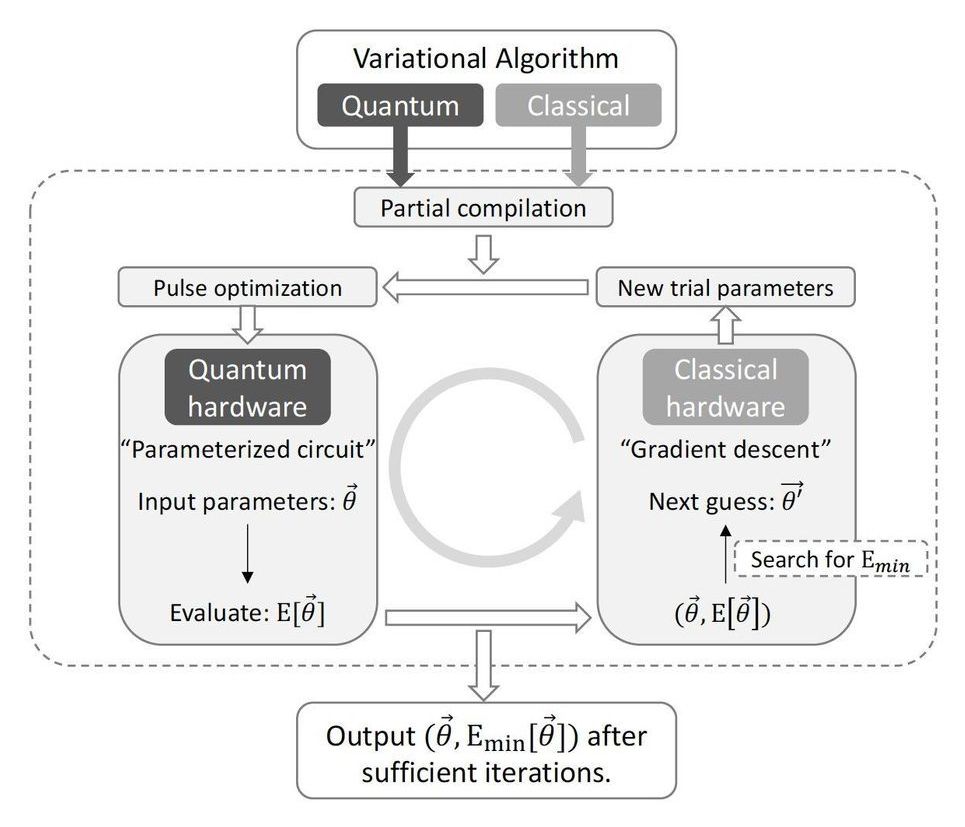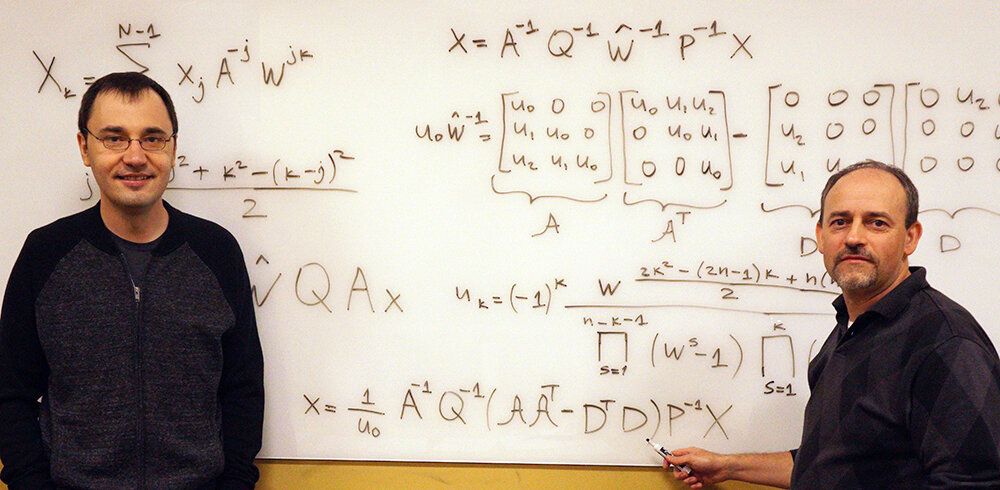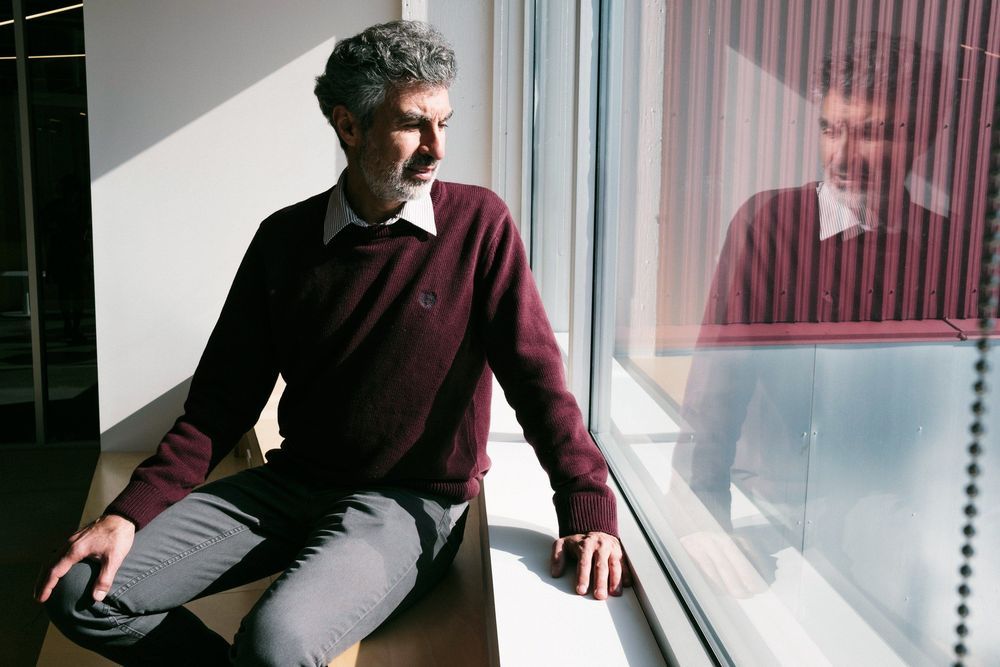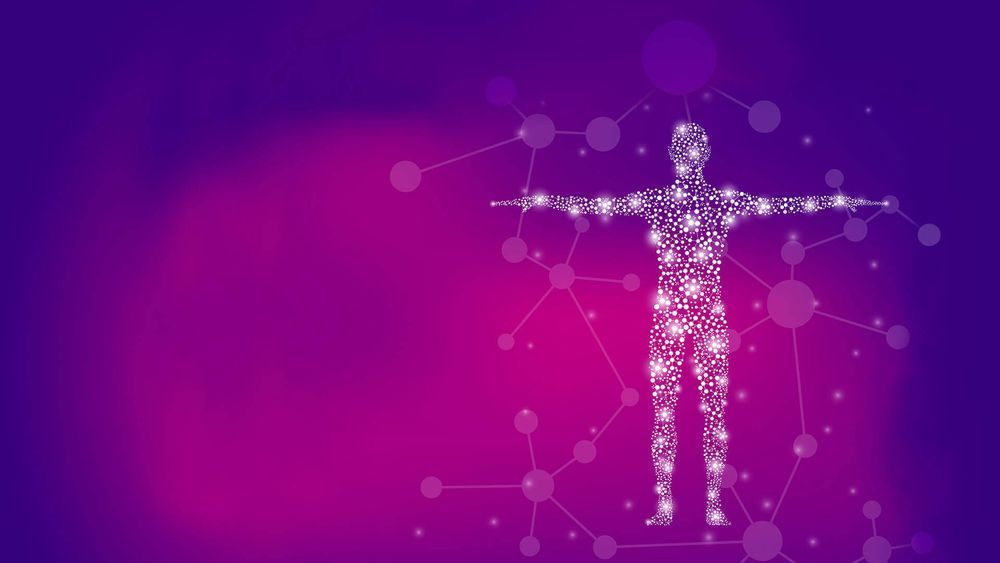The universe is kind of an impossible object. It has an inside but no outside; it’s a one-sided coin. This Möbius architecture presents a unique challenge for cosmologists, who find themselves in the awkward position of being stuck inside the very system they’re trying to comprehend.
It’s a situation that Lee Smolin has been thinking about for most of his career. A physicist at the Perimeter Institute for Theoretical Physics in Waterloo, Canada, Smolin works at the knotty intersection of quantum mechanics, relativity and cosmology. Don’t let his soft voice and quiet demeanor fool you — he’s known as a rebellious thinker and has always followed his own path. In the 1960s Smolin dropped out of high school, played in a rock band called Ideoplastos, and published an underground newspaper. Wanting to build geodesic domes like R. Buckminster Fuller, Smolin taught himself advanced mathematics — the same kind of math, it turned out, that you need to play with Einstein’s equations of general relativity. The moment he realized this was the moment he became a physicist. He studied at Harvard University and took a position at the Institute for Advanced Study in Princeton, New Jersey, eventually becoming a founding faculty member at the Perimeter Institute.
“Perimeter,” in fact, is the perfect word to describe Smolin’s place near the boundary of mainstream physics. When most physicists dived headfirst into string theory, Smolin played a key role in working out the competing theory of loop quantum gravity. When most physicists said that the laws of physics are immutable, he said they evolve according to a kind of cosmic Darwinism. When most physicists said that time is an illusion, Smolin insisted that it’s real.






